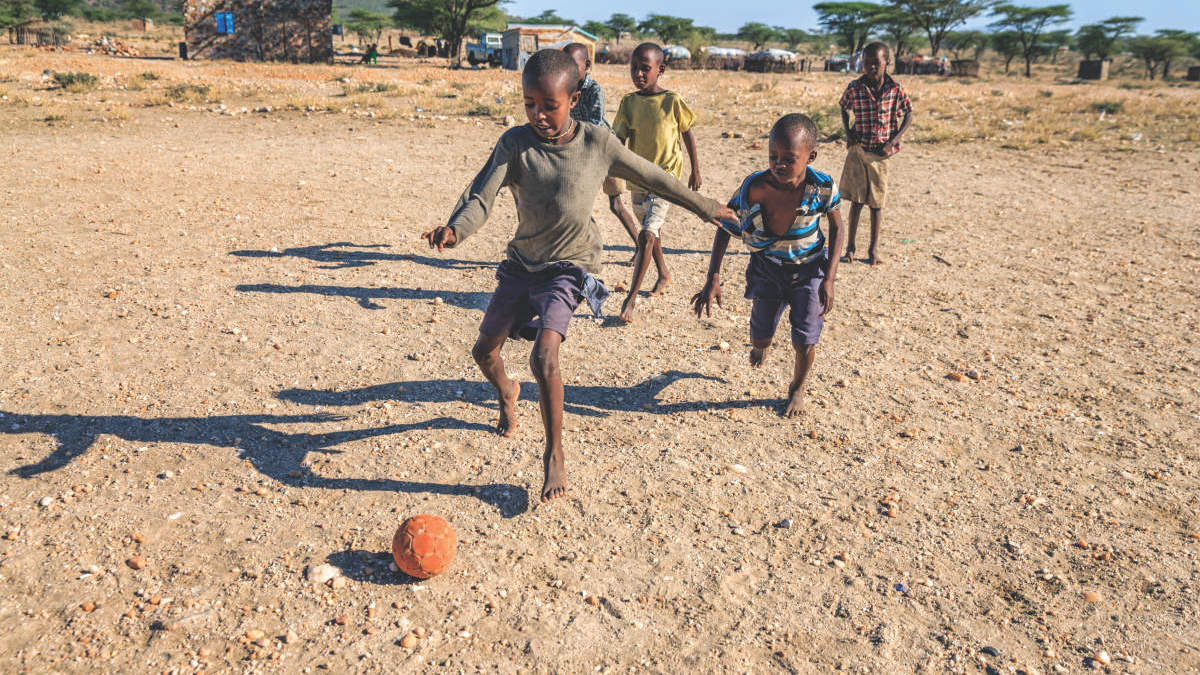

On his last visit to Africa, the logistics of the trip meant that Head of Global Health Marc Destito spent more time on planes than he did on the ground. We asked him how he copes with the constant travel, and what he misses most about home.
“The global health space is so different from everything else in business – it’s its own universe.”
“You can make a real impact on one person's life and by default, their neighborhood, their community, their region.”
“Things change on a dime, appointments get canceled and sometimes you can't get an appointment at all.”
“I'm not one of these people who says, ‘I’ve got to exercise every day, I've got such a rigid routine.’ The thing I miss is just as basic as it sounds, being in my own bed.”
“I have one drawer at home that's just the travel drawer, because I figured out that having to repack a bag every time means you're inevitably going to forget stuff.”
Why QIAGEN?
Find out more about our culture, people, career paths and job vacancies.






